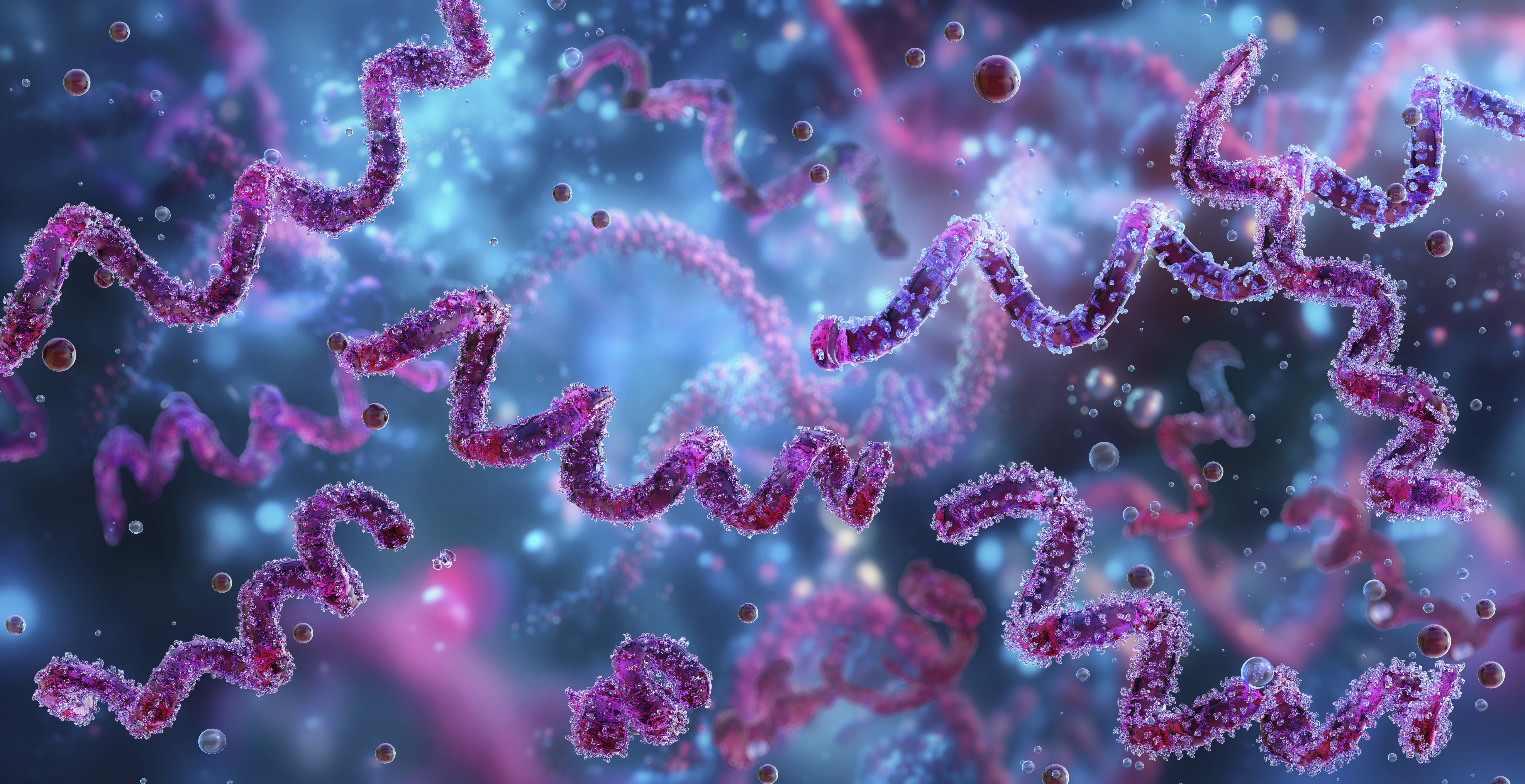Scientists created AI that could detect alien life — and they're not entirely sure how it works
The new machine-learning algorithm can distinguish between biological and nonbiological samples with 90% accuracy. Exactly how is a mystery.

Get the world’s most fascinating discoveries delivered straight to your inbox.
You are now subscribed
Your newsletter sign-up was successful
Want to add more newsletters?

Delivered Daily
Daily Newsletter
Sign up for the latest discoveries, groundbreaking research and fascinating breakthroughs that impact you and the wider world direct to your inbox.

Once a week
Life's Little Mysteries
Feed your curiosity with an exclusive mystery every week, solved with science and delivered direct to your inbox before it's seen anywhere else.

Once a week
How It Works
Sign up to our free science & technology newsletter for your weekly fix of fascinating articles, quick quizzes, amazing images, and more

Delivered daily
Space.com Newsletter
Breaking space news, the latest updates on rocket launches, skywatching events and more!

Once a month
Watch This Space
Sign up to our monthly entertainment newsletter to keep up with all our coverage of the latest sci-fi and space movies, tv shows, games and books.

Once a week
Night Sky This Week
Discover this week's must-see night sky events, moon phases, and stunning astrophotos. Sign up for our skywatching newsletter and explore the universe with us!
Join the club
Get full access to premium articles, exclusive features and a growing list of member rewards.
Scientists have created an artificial intelligence (AI) program that can detect alien life in physical samples — though they aren't sure exactly how it works.
The new machine-learning algorithm — trained using living cells, fossils, meteorites and lab-made chemicals — can distinguish between samples of biological and nonbiological origin 90% of the time, according to the scientists who built it. Yet the algorithm's inner workings remain a mystery.
The scientists say the new test could be used almost immediately. It would scan for life on Mars by crunching through data on Martian rocks collected by the Curiosity rover, as well as potentially reveal the origins of mysterious and ancient rocks found on Earth. The team published their findings Sept. 25 in the journal PNAS.
Related: NASA may have unknowingly found and killed alien life on Mars 50 years ago, scientist claims
"These results mean that we may be able to find a lifeform from another planet, another biosphere, even if it is very different from the life we know on Earth," study co-lead author Robert Hazen, an astrobiologist at the Carnegie Institution for Science in Washington, D.C., said in a statement. "And, if we do find signs of life elsewhere, we can tell if life on Earth and other planets derived from a common or different origin.
"Put another way, the method should be able to detect alien biochemistries, as well as Earth life," he added. "That is a big deal because it's relatively easy to spot the molecular biomarkers of Earth life, but we cannot assume that alien life will use DNA, amino acids, etc. Our method looks for patterns in molecular distributions that arise from life's demand for 'functional' molecules."
Scientists already know that mixing chemicals and keeping them at the temperatures of primordial seas can generate organic molecules such as amino acids (protein building blocks that are fundamental to life). They have also found evidence of these building blocks on meteors and even a distant asteroid.
Get the world’s most fascinating discoveries delivered straight to your inbox.
But if alien hunters want to prove they have found life beyond Earth, they have to answer a simple question: How do we know if the things we find are of biological origin, or if they formed by a random fluke of space chemistry?
As organic molecules tend to degrade over time, this is a hard question for humans to answer alone. So the researchers set about building a machine-learning algorithm that could help.
The scientists began by using a method already employed on NASA spacecraft: pyrolysis, or the airless heating of a sample to separate it into gas and biochar. The sample's decomposed parts are then arranged by a technique called chromatography, before its atoms are transcribed into data by mass spectroscopy.
After being fed data from 134 carbon-rich samples of known origin, the machine-learning algorithm distinguished between products of recent and ancient life (such as shells, teeth, bones, coal and amber) and organic compounds with abiotic origins (such as lab-made amino acids) with 90% accuracy.
AI systems are largely black-box models — viewed only in terms of their inputs and outputs — so the researchers aren't completely sure of the opaque processes their system undergoes to spit out its answers. But they said it offers important evidence that the chemistry of life follows different fundamental rules than those of the nonliving world.
"The implications of this new research are many, but there are three big takeaways," study co-lead author Jim Cleaves, a chemist at the Carnegie Institution for Science, said in the statement. "First, at some deep level, biochemistry differs from abiotic organic chemistry; second, we can look at Mars and ancient Earth samples to tell if they were once alive; and third, it is likely this new method could distinguish alternative biospheres from those of Earth, with significant implications for future astrobiology missions."

Ben Turner is a U.K. based writer and editor at Live Science. He covers physics and astronomy, tech and climate change. He graduated from University College London with a degree in particle physics before training as a journalist. When he's not writing, Ben enjoys reading literature, playing the guitar and embarrassing himself with chess.
 Live Science Plus
Live Science Plus










